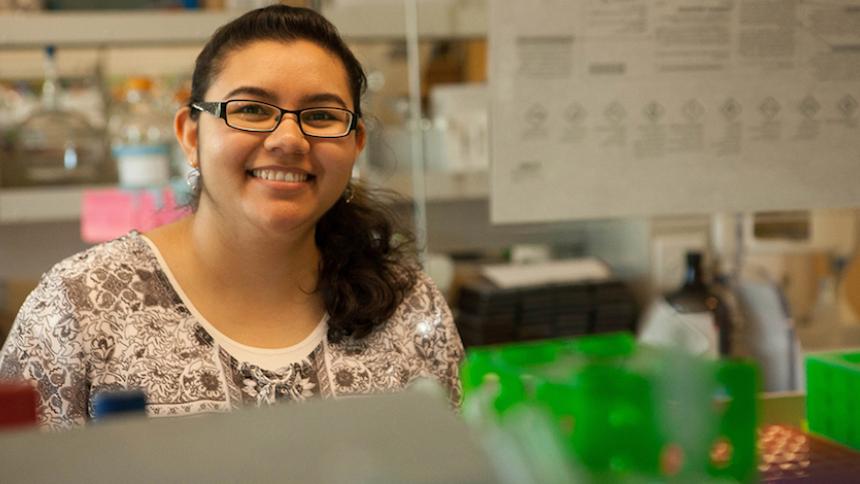Pacific's expenditures were more than twice that of the nearest private university in the Northwest, according a recent National Science Foundation survey.
News, Media and Stories
I sat down with applied theatre major Sarah Neely '19 to discuss the upcoming capstone performance of her original one-act play If I'm Louder that will be in Giving Voice: A Senior Showcase.
Civic engagement students partner with local Habitat for Humanity chapter to help construct new home.
Dr. Bernard Brown ’49, OD ’50 has established a scholarship with Pacific’s College of Optometry.
While myopia is a common and treatable condition, researchers are concerned about how many more people are nearsighted today than in relatively recent years.
Any parent who learns about the growth of myopia cases, and of their possible effects, has a simple, urgent question: How can I tell if my child has myopia?
Prescription eyeglasses or contact lenses are the most common treatment for myopia.
James “Jim” Weber ’70, MST ’75 died Dec. 16, 2018, at age 75, after a long battle with Parkinson’s disease.
People are diagnosed with myopia every day. But the implications of that diagnosis may vary widely. In most cases, the condition is easily treated, as with a pair of prescription eyeglasses. But other cases, if allowed to progress, may be more alarming.
The human eye is a marvel of precision biology. And like any finely tuned device, or organ, it can get out of tune. When the eyeball works perfectly, light enters through the pupil and cornea and is focused on the back wall of the eyeball, known as the retina. The retina, sensitive to light, conveys the image to the brain for processing.











